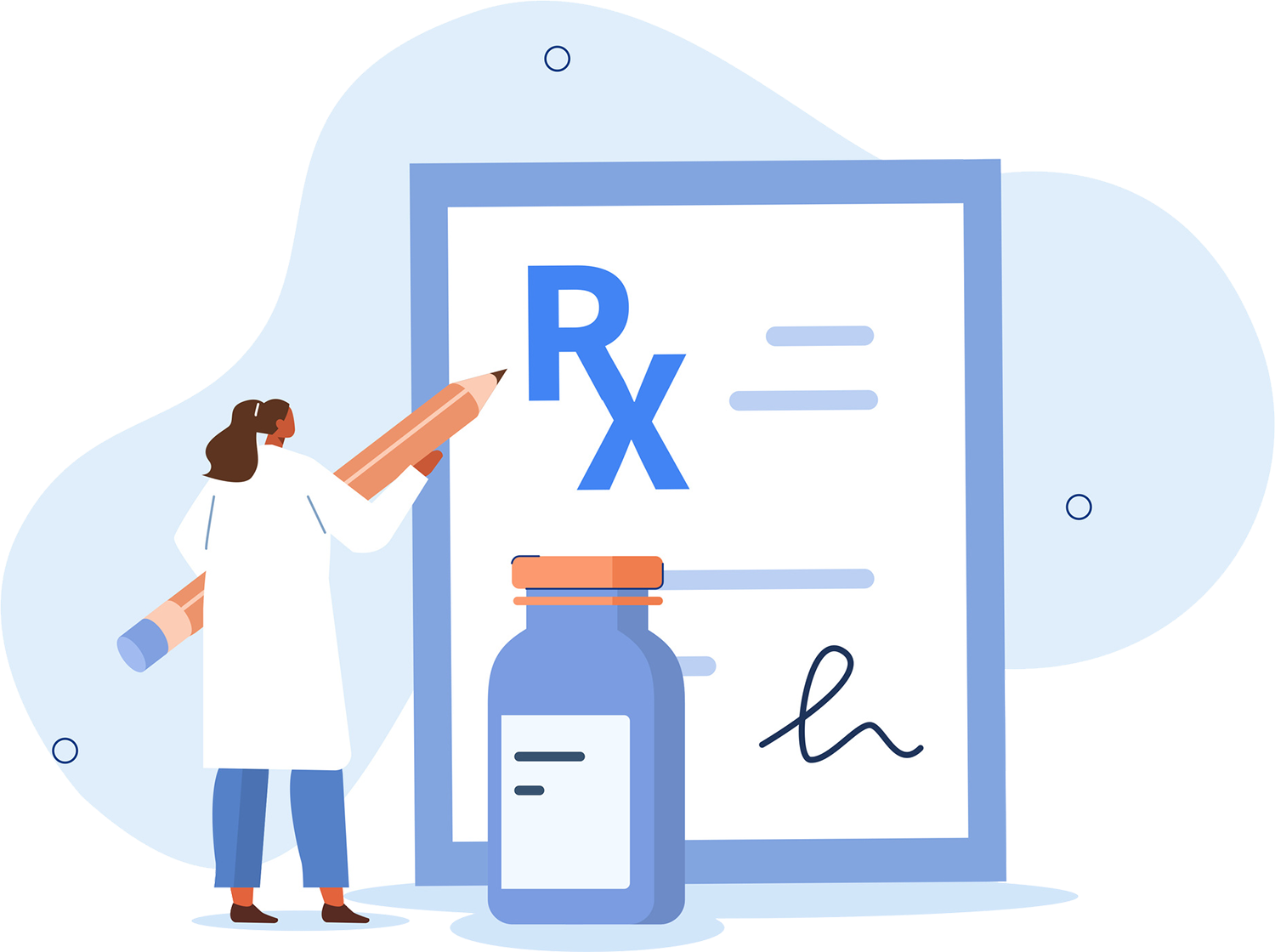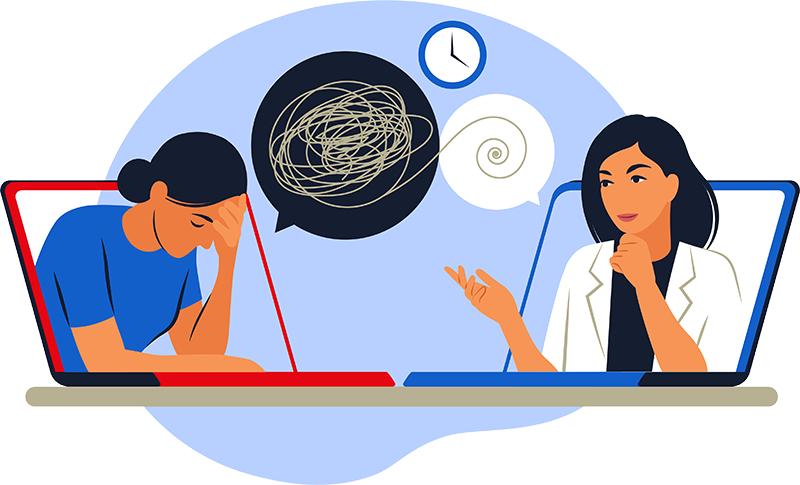Navigating recovery from addiction can be challenging, especially when you need to take prescription medications. You might wonder if it’s safe to take certain medications or if they could potentially interfere with your progress. Understanding how prescription drugs can impact your recovery is crucial for maintaining your health and staying on track with your goals.
Taking medication in recovery doesn’t mean you failed. While it’s important to be cautious about medication in recovery, there are legitimate reasons why you may need to use prescribed drugs.
Co-occurring disorders: You might require medication to manage co-occurring mental health disorders that contributed to your addiction. Conditions like depression, anxiety, bipolar disorder, and ADHD often need ongoing treatment to support your recovery journey.
Physical health issues: you may need medication to address physical health issues. Chronic pain, post-surgical recovery, or serious illnesses might require the use of prescription drugs. In these cases, it’s essential to work closely with healthcare providers who understand your history of substance abuse.
Medication-assisted treatment: MAT is another reason you might need prescription drugs in recovery. MAT combines therapy with medications to treat opioid and alcohol addiction. Drugs like naltrexone, Suboxone, or buprenorphine can help manage cravings and withdrawal symptoms, supporting your long-term sobriety.
While some prescriptions are necessary for your health, they can also pose risks to your sobriety. Some may impair your judgment, affect your ability to participate fully in therapy, or hinder your development of healthy coping mechanisms.
Additionally, certain medications can have unexpected interactions with drugs used in addiction treatment, potentially reducing their effectiveness or causing adverse effects. Even over-the-counter medications can pose risks, with some containing alcohol or other ingredients that could trigger cravings or relapse.
One significant risk is the potential for relapse. Prescription drugs with mood-altering properties can trigger cravings or reactivate addictive behaviors. This is particularly true for opioid painkillers, benzodiazepines, and stimulants. Even if prescribed by a doctor, these drugs can jeopardize your recovery. If you are in early recovery, a slip or full relapse is more likely to occur, making it even more essential to avoid medications that can result in dependency.
Your brain, sensitized by past substance use, may be more susceptible to becoming dependent on new medications. This risk is heightened with drugs that have a high potential for misuse due to their effects, and it is always a good idea to discuss these challenges and their associated risk with your healthcare providers, because they will be a wealth of knowledge for what to expect and successful methods to manage outcomes.
Medication management for addiction recovery is crucial, and you must work closely with healthcare providers who understand addiction. Be transparent about your recovery status, and don’t hesitate to ask questions about prescribed medications. Remember, your recovery should always be a primary consideration in any medical decision.
When you’re in recovery, be cautious about the medications you take. Certain prescription drugs can pose a significant risk to your sobriety. While many are used to treat mental health disorders and chronic conditions, there are alternatives available to reduce the risk of relapse.
Benzodiazepines, commonly prescribed for anxiety and sleep issues, are another class of drugs to be wary of in recovery. They can be habit-forming and may trigger cravings. Examples of benzodiazepines to avoid include:
Benzodiazepines are often used temporarily during detox and for acute episodes of various anxiety disorders. However, they should never be used longer than four weeks at a time.
“Even though these drugs have a place in our collection of therapies to offer patients, they can also transform from being the solution to becoming the problem,” says Dr. Nzinga Harrison, in her book “Un-Addiction”.
At Eleanor Health, we do not prescribe benzodiazepines long-term. If you are already taking a benzodiazepine medication, the majority of the time, our providers will place you on a taper with reasoning. This is for the safety of our patients and their long-term sobriety.
Similarly, stimulants used to treat ADHD have a high potential for misuse and should be approached with caution.
“ADHD meds when used a prescribed to treat ADHD don’t increase your risk of addiction. In fact, research shows the opposite – that by treating ADHD you can prevent a future addiction,” Dr. Harrison clarifies. Focus plays a major role in addiction recovery, and coping skills learned in behavior therapy can enhance concentration without the risk of relapse.
Examples of prescription stimulants include:
At Eleanor Health, we don’t typically prescribe stimulants for new patients who have been with us fewer than 12 weeks and or for patients who have yet to try non-stimulant options. However, we value the uniqueness of every patient and will consider the various biological, psychological, & environmental factors when deciding what to recommend. You may discuss options with your provider.
Even some over-the-counter medications can be problematic. Certain cough syrups and cold medicines contain alcohol or other ingredients that could potentially trigger a relapse. Additionally, allergy medications that contain Benadryl and antihistamines can pose a risk. You should also avoid any decongestants with the active ingredient pseudoephedrine due to its soothing effects.
Opioids are highly addictive pain medications and should be avoided whenever possible. These include prescription pain-relieving with the active ingredients opium, hydrocodone, oxycodone, oxymorphone, or hydromorphone. If you’ve struggled with opioid addiction in the past, taking these medications can be particularly dangerous. If you have struggled with addiction, opioids are always off-limits.
Examples of painkillers that utilize these ingredients include:
For those on their sobriety journey, there are safe options available for managing various health conditions. If you’re unsure, consult your healthcare provider or pharmacist for guidance.
Medication management for addiction at Eleanor Health is carefully tailored to your individual needs using the evidence-based intervention called medication-assisted treatment. Our addiction specialists work closely with you to develop a comprehensive treatment plan that includes medication, therapy, and peer support.
We understand the complexities of taking medication in recovery and provide guidance on safe medicines that won’t affect your recovery status or cause harmful side effects when combined with your MAT prescription. Contact us today to learn more about our online MAT program and how we can offer medication management that supports and empowers your recovery.
 Virtual Addiction Treatment: is it as Effective as In-Person Treatment?
Virtual Addiction Treatment: is it as Effective as In-Person Treatment?
 How Does Suboxone Treatment Work?
How Does Suboxone Treatment Work?
 Benefits of Online Addiction Treatment
Benefits of Online Addiction Treatment